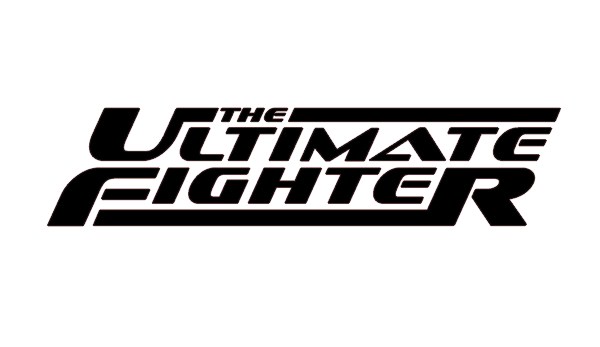Royce Gracie. Ken Shamrock. Dan Severn. Tank Abbott. Marco Ruas. Gary Goodridge. Don Frye. Mark Coleman.
What do all of these legends of MMA have in common? Well, their stars were cemented in a single night of action. One dramatic night of running the gauntlet against two or three different opponents was all it took to etch these names into the minds of combat-sports fans.
It’s a bygone era. The old one-night tournament format is a rarity nowadays, often reserved for small shows in distant lands with lax oversight (or no oversight whatsoever). Here in the United States, it’s seen as a less desirable format that has plenty of flaws. Those flaws can’t be denied either. Fighters get injured and withdraw before the finals. Or they opt out when the opponent they want to meet in the finals isn’t the one who makes it through the bracket.
What can’t be denied, however, is that the tournament format could be a star-maker. Would a one-off fight at UFC 1 have resulted in Royce Gracie’s status as MMA’s first superstar? Would Abbott have fared as well in the eyes of fans if he had to wait months between mocking his unconscious knockout victims? Would guys like Coleman and Frye have gained prominence if they hadn’t returned to the cage multiple times in a single night and gutted out grueling matches to claim a tournament championship? Maybe. Or maybe not.
Today’s tournament formats are much different. With the exception of very limited single-night tourneys in smaller promotions, today’s tournaments usually stretch on for months. Bellator built seasons around its tournaments. Strikeforce conducted a heavyweight bracket that took more than a year to complete. The UFC uses the tournament for a weeks-long reality-series taping of The Ultimate Fighter.
Maybe it’s time for the UFC to look back to its roots. No, I’m not suggesting that the company return to pay-per-view shows that resemble its earliest events. But perhaps there’s still a place for the one-night tournament format. The UFC could still capture the magic that came with one man marching through a field of opponents and claiming top honors all in one night.
So what am I suggesting?
The UFC has seen ratings and interest fall for The Ultimate Fighter in its most recent iterations. The drama in the house stopped attracting fans, and a prolonged, pre-taped tournament didn’t do the trick either. The consensus is that the show has either run its course or needs a significant revamping. The promotion tried to shake things up with a live season and a women’s championship season, but those editions proved underwhelming in the ratings department. It might be able to prompt a brief resurgence through the inclusion of superstar Conor McGregor as a coach in the upcoming season, but that’s just a boost for one season.
So why not try one thing the promotion has yet to attempt? Why not give live, one-night tournaments a go?
Obviously, the format couldn’t be identical to the UFC’s early ventures, where time limits and rules were almost non-existent. The few U.S.-based tournaments of the one-night variety that we’ve seen in recent years have been conducted with strict commission guidelines that shorten the fight duration in the early tournament rounds to preserve fighter health in both the short-term and the long-term. This system would be in place for a TUF tournament as well, but it could work to the benefit of the show.
How would the tournament function?
The UFC could invite eight fighters to take part in each bracket. The fighters would have to win three fights in a single night to take home the title of “The Ultimate Fighter.” Here’s the catch: each fight would consist of just one five-minute round.
Ideally, this format would encourage fighters to leave any conservative tendencies outside the cage and go for broke in their fights. Not all fighters would take this approach, but the desire to advance could be enough to discourage fighters from leaving their fate in the hands of the judges. And even those conservative strategists among the competitors would have to grind their way through three opponents, which still allows them to build up a one-night storyline of overcoming adversity to win it all.
The format would also allow viewers to connect with fighters in a way that isn’t possible under the current TUF setup. It’s much easier to develop a following for a fighter when fans watch them climb into the cage for three separate battles in a single evening than it is to become a fan when that fighter grinds out a win one Wednesday night and doesn’t return to action for three, four, five or even more episodes many weeks later.
Furthermore, the shortened fights (seven total bouts, making for a combined 35 minutes of action) would allow the tournament to take place over an hour or an hour and 15 minutes. Even tacking on a second and third round on for the final would still keep the overall duration to a reasonable length for the television format.
The TUF product isn’t what it used to be. Ratings have been down, and plenty of suggestions have been tossed around for how the UFC can reinvigorate the product. The UFC’s initial burst of popularity and its first stars — some, even those as improbable as Ken Shamrock, still capable of drawing fan interest on a large scale — came as a direct result of this format. Why shouldn’t the UFC give a nod to the past by using its roots to breathe new life into its reality series?

